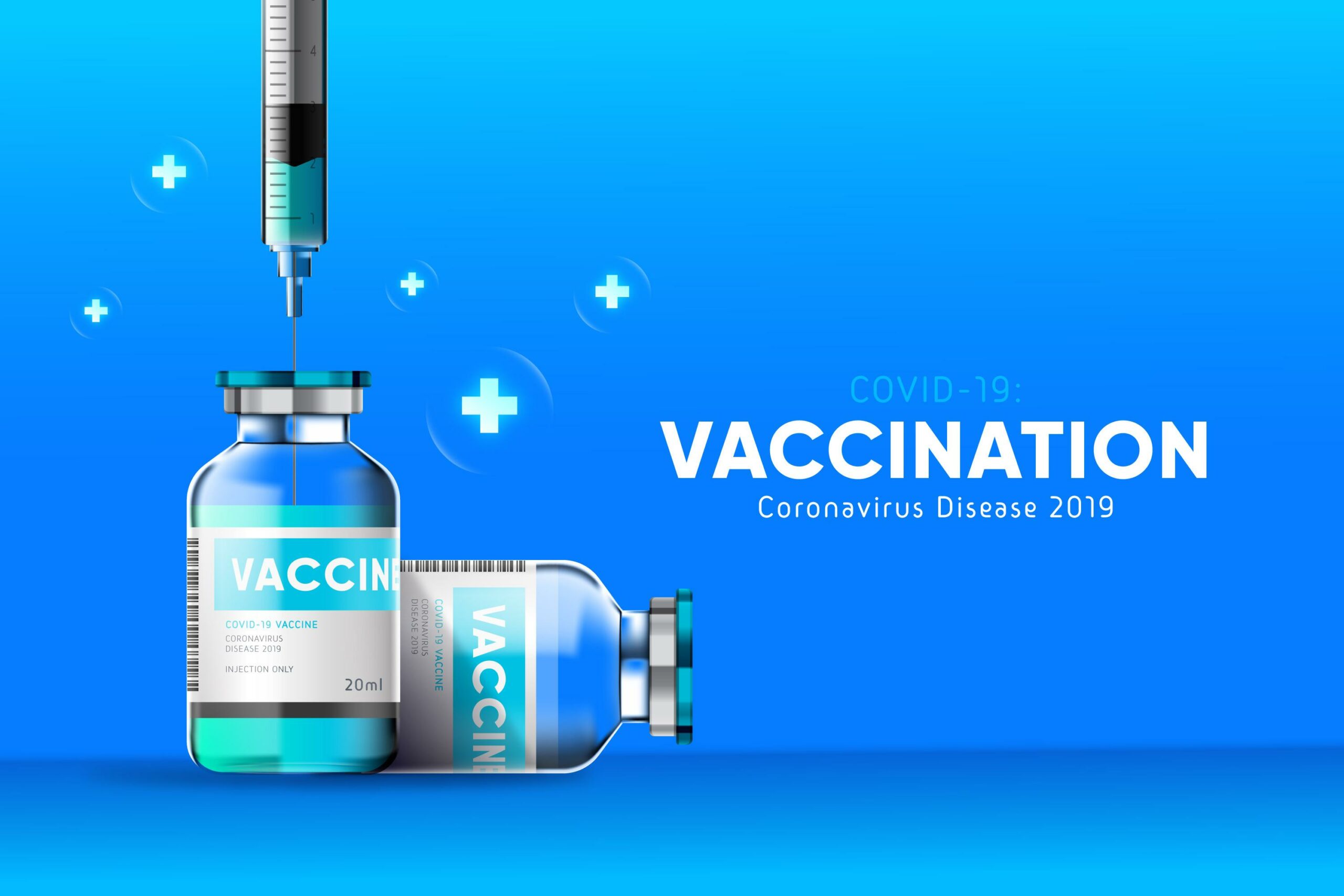COVID-19 Vaccine Information
Desert Valley Hospital has partnered with Victor Valley College to provide our community with additional opportunities to receive the COVID-19 vaccine.
The COVID-19 vaccine is helping us transition back to normal.
Desert Valley Hospital no longer requires masks in the facility and it is strictly a visitor, patient and staff preference.
The vaccination site at Victor Valley College will be open from 8am to 4:30pm in the gymnasium on the college’s lower campus, Building 71 on Mojave Fish Hatchery Road.
Please visit MyTurn.ca.gov to note the vaccine manufacturer that will be given when you make your appointment.
*Please Note* Johnson & Johnson’s Janssen COVID-19 Vaccine: CDC and FDA have recommended that the use of Johnson & Johnson’s Janssen (J&J/Janssen) COVID-19 Vaccine resume in the United States, effective April 23, 2021. However, women younger than 50 years old especially should be aware of the rare risk of blood clots with low platelets after vaccination, and that other COVID-19 vaccines are available where this risk has not been seen. If you received a J&J/Janssen vaccine, here is what you need to know. Read the CDC/FDA statement.
Please visit the California Department of Public Health website for updated vaccine distribution information.
COVID-19 Vaccine FAQs
How does an mRNA vaccine work?
The virus that causes COVID-19 is called SARS-CoV-2. All viruses like SARS-CoV-2, have a unique genetic code. Scientists take part of the virus’s code, called the messenger RNA (mRNA) which tells our cells what to build, and coats them in a lipid so they can enter the body’s cell. This is what is injected into the patient. The mRNA tells the cells to make a specific part of the virus, the “spike protein.” The immune system produces antibodies and activates T-cells to destroy spike proteins so when you are exposed to the virus in the future, your immune system will recognize those spike proteins and has the antibodies and T-cells to destroy the virus. (Source: MDHHS How mRNA vaccines work)
Is the COVID-19 vaccine safe?
The U.S. FDA granted Emergency Use Authorization (EUA) for the Pfizer-BioNTech and Moderna COVID-19 vaccines, which have been shown to be safe and effective determined by data from large clinical trials. While vaccines are being developed as quickly as possible, routine processes and procedures remain in place to ensure the safety of any vaccine that is authorized for use. The CDC continues to monitor adverse events through safety monitoring systems. Click here for more information on the CDC and safety monitoring. (Source: CDC, Ensuring the Safety of Vaccines & Benefits of Getting Vaccinated)
Will the vaccine give me COVID-19?
No. According to the CDC, none of the authorized and recommended COVID-19 vaccines or COVID-19 vaccines currently in development in the U.D. contain the live virus that causes COVID-19.
(Source: CDC, Facts about Vaccination)
Who should not get the vaccine?
You should not get the COVID-19 vaccine if you:
- had a severe allergic reaction after a previous dose of the vaccine or have had a severe allergic reaction to any ingredients of the vaccine.
- had an immediate allergic reaction, even if it was not severe, to any ingredient in an mRNA COVID-19 vaccine.
- have had an allergic reaction to PEG (polyethylene glycol) or polysorbate. Polysorbate is not in the vaccines but closely related to PEG which is included.
(Source: CDC, Allergic Reactions)
If you are pregnant, plan to be pregnant or breastfeeding, please talk to your doctor before getting vaccinated.
If you have already recovered from COVID-19, there are no recommendations by CDC on whether or not to get vaccinated. There is not enough information available to say if or for how long after COVID-19 infection someone is protected from getting it again (natural immunity). If you are currently infected with COVID-19, please wait until you have completed your quarantine period and are not experiencing symptoms before getting vaccinated.
If you have questions or concerns on whether to be vaccinated, please talk to your doctor.
What are the side effects of the COVID-19 vaccine?
The most commonly reported side effects of the vaccines include:
- Injection site pain and swelling
- Tiredness
- Headache
- Chills
- Fever
If you experience any of these side effects, these are normal signs that your body is building protection and should go away in a few days. The CDC still recommends getting the second shot even if you experienced side effects after the first shot, unless a vaccination provider or your doctor tells you otherwise.
Each individual that is vaccinated should report their side effects in the v-safe health checker platform right away.
(Source: CDC, After Getting the Vaccine)
What you can do to stay healthy?
According to the CDC, the best way to prevent illness is to do the following:
- Wash your hands often with soap and water for at least 20 seconds. Alcohol hand sanitizers are also effective.
- At home, avoid close contact with people who are sick.
- Outside your home, put 6 feet of distance between yourself and people who don’t live in your household.
- Cover your mouth and nose with a cloth face cover in public settings and when around people who don’t live in your household.
- Avoid touching your eyes, nose, and mouth.
- Stay home when you are sick (except to get medical care). Keep sick children home from school.
- Cough or sneeze into a tissue or your elbow. If you use a tissue, wash your hands afterward.
- Clean and disinfect frequently touched objects and surfaces.
- See additional guidance from the CDC or visit your local health department website.
Featured Services

Cardiology Services

Emergency Care

Joint and Spine Services
Community Services
Urgent Care



